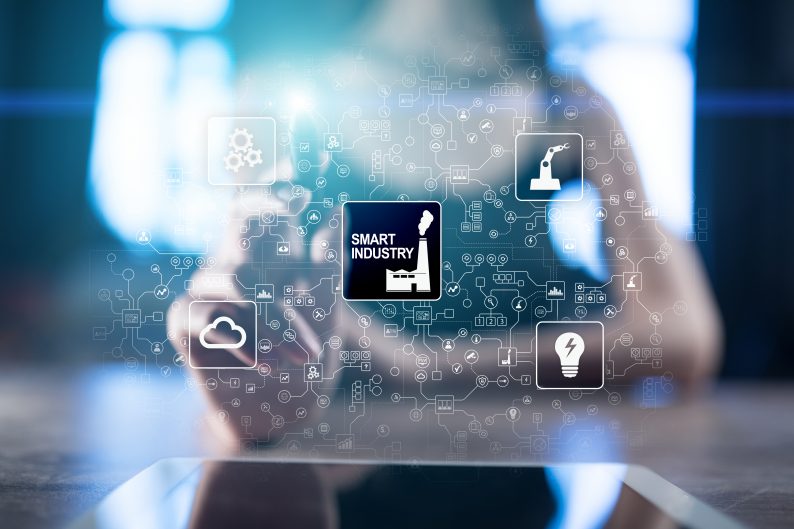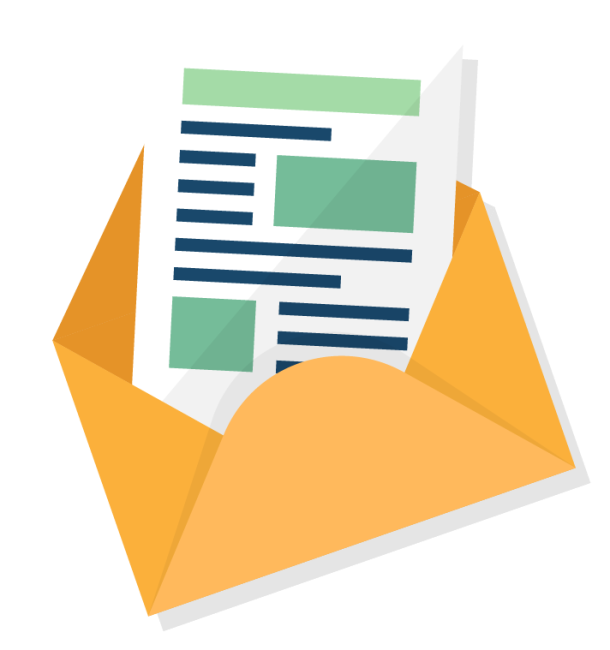Why your choice of ERP Solution is vital if you want to benefit from the Internet of Things
20 Feb 2020 | by Brett Mundell
This article explores the potential of the Internet of Things for businesses embracing digital transformation and why the right enterprise solution can help you take advantage.
All predictions point to a highly connected, data-driven world in the near future. The devices, infrastructure and systems we use every day are being connected across worldwide wireless networks.
What is the Internet of Things?
Internet-enabled ‘things’ that talk to each other—and to us—are cropping up in our work and home environments and revolutionising the way data is collected, stored and analysed: this is the Internet of Things (IoT).
More than half of Australian homes have an IoT product installed: such as smart speakers, plugs, fridges and lighting. Sectors including manufacturing, distribution, transport, and utilities are also rapidly embracing IoT, often referred to as the Industrial Internet of Things (IIoT).
Businesses may embed sensors that collect data and automate tasks anywhere—examples include within production line machinery, plant facilities, lighting, vehicles, and packages.
[RELATED – How might the future supply chain be impacted by blockchain?]
What opportunities does IoT offer business?
A 2019 survey of industry professionals found the majority were eager to adopt IoT and leverage the data for uses like real-time maintenance, monitoring equipment wear and tear, shop floor management, improved sales and marketing, quality control, energy metering, managing inventory, safety and smart packaging.
A report by the ACS—the professional body for Australia’s ICT sector—revealed that the IoT has the potential to supercharge Australia’s next wave of economic growth, realising billions in revenue through productivity gains.
As well as helping businesses work smarter, the report points to the enormous value to be gained from applying data from connected devices and sensors through artificial intelligence. “We often hear that data is the new fuel for the digital economy, it is, however, crude oil, and needs to be refined.” Yohan Ramasundara from the ACS said.
How does the refinement process occur? Software applications will play an enormous role in helping businesses make sense of IoT data and use machine learning algorithms and other AI tools to automate tasks, suggest improvements and make predictions with greater accuracy.
The IoT is one of many technologies shaping new business approaches
Planning and implementing IoT with skill requires recognising that internet-connected things form part of an ecosystem. Earlier in 2019, the IoT Alliance Australia released a framework to help people consider the end-to-end aspects of IoT—from endpoints (devices/sensors), through to the connectivity of your networks, and the user interfaces and security of your applications.
Getting the most from IoT requires many ‘building blocks’. For instance, for IIoT to be scalable you need to be able to access, interpret and apply the data consistently in the course of your day-to-day work and strategic planning.
That is easier to achieve when you combine IoT with integrated and user-friendly enterprise software solutions that coordinate data-sharing, workflows, analytics and reporting across all aspects of your business.
For most mid-sized companies, operating efficiently without an Enterprise Resource Planning (ERP) solution is becoming almost unthinkable. For companies that want to grow and adapt as quickly as technology changes, a robust and flexible ERP solution is a must-have.
The most innovative ERP solutions already harness AI to deliver benefits to business, helping them to streamline financial transactions, forecast and plan production and purchasing processes, and delivering business intelligence to support decision-making.
As technologies like IoT develop further, leading ERP software vendors—those that are continually investing in R&D and embracing cutting-edge approaches—will also evolve to bring new benefits to their customers.
[RELATED – Here’s why you need a digitally-savvy supply chain workforce]
Start by connecting the dots internally to benefit from connected things
Thought leaders predict technologies like IoT, AI and automation will re-shape the world, but also that the future for businesses will be more unpredictable and require almost constant adaptability.
The foundations you put in place to enable holistic and clear-sighted business management matter as much as your focus on cutting-edge technologies.
Hardware and software choices matter when it comes to facing a more connected and data-driven business world with confidence. A choice you won’t regret is building your readiness for IoT and other technologies by adopting an enterprise solution that manages the flow of data from multiple sources so it can be accessed, analysed, and acted on by your team.
We have first-hand, in-depth knowledge of how ERP solutions can boost performance in Australian businesses. Speak with a Leverage Technologies consultant now.

Brett has more than 20 years of business software sales and company management experience. Brett has been involved in more than 300 ERP projects. His passion is customer satisfaction, making sure every client is more than just satisfied. Brett wants our customers to be driven to refer their friends and peers because we offer the best services and technology available and because we exceeded their expectations.





Leave a comment